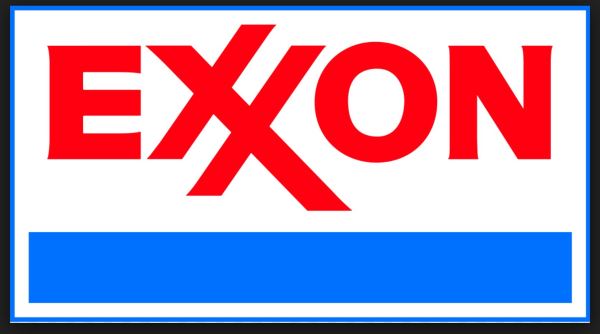Recent data from the Chicago Fed and ADP indicate new hires at a 16-year low. The ADP offered a bit of promising news for large corporations as they managed to expand by 33,000 positions last month. Yet, no corporation is immune to the increased cost of goods, excessive regulation, and taxation. Socrates has warned that unemployment will top 6% by 2026, and we are beginning to see the warning signs in Q4.
Exxon Mobil plans to slash 2,000 positions, representing 3% to 4% of the global workforce. “Our global office network was established decades ago under very different circumstances,” Exxon said in a statement to Barron’s. “To support the collaboration so critical to our success, we are aligning our global footprint with our operating model and bringing our teams together.”
Exxon Chairman and CEO Darren Woods stated that the company is aiming to “redesign work processes and improve cost competitiveness.” “We are making tough decisions, some of which will result in friends and colleagues leaving the company,” Woods said back in 2020. The global economy never truly recovered from the pandemic. I discussed the ongoing issue with crude and the broader implications on the private blog.
Numerous oil giants announced mass layoffs. Chevron drastically reduced its payroll by cutting over 15% of its workforce. Imperial Oil is slashing its staff by 20% over the next two years. Total Energies is looking for a way to save $7.5 billion over the next five years.
Oil shocks are typically geopolitical in nature. It is not inflationary or demand-driven. Oil is a global reserve commodity that responds to shifts in capital flows and confidence. Energy is leverage and power, which is why is closely aligns with the war cycle. Companies overall are hedging against expected volatility by cutting costs, but oil companies are especially prone to stress due to the current geopolitical atmosphere.
Read the full article here
